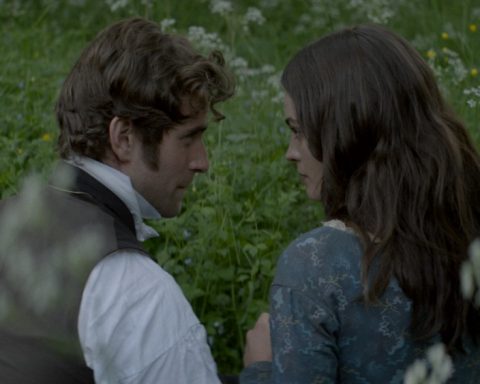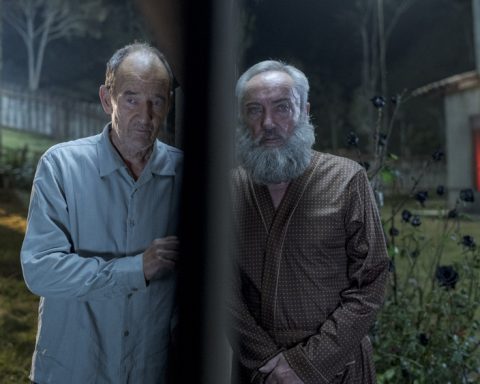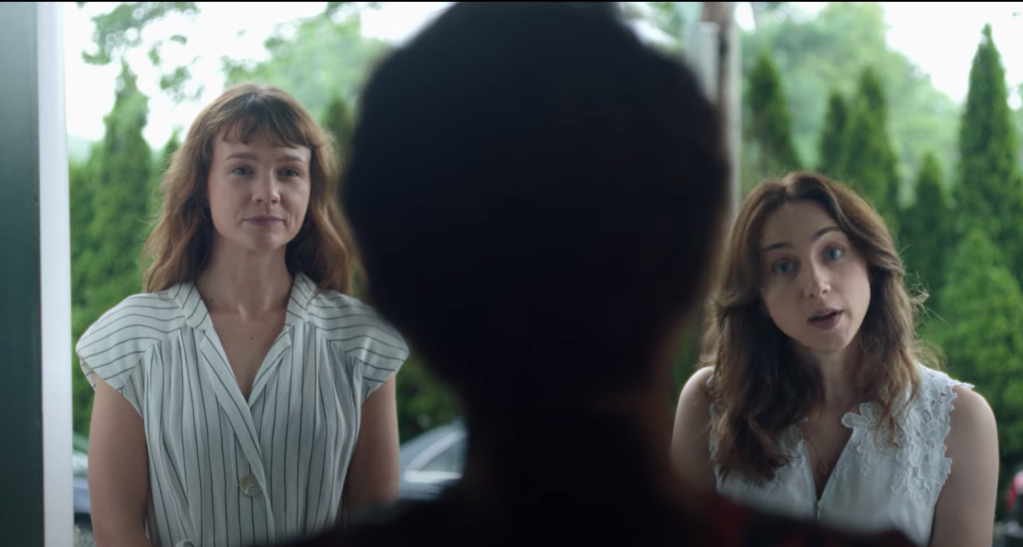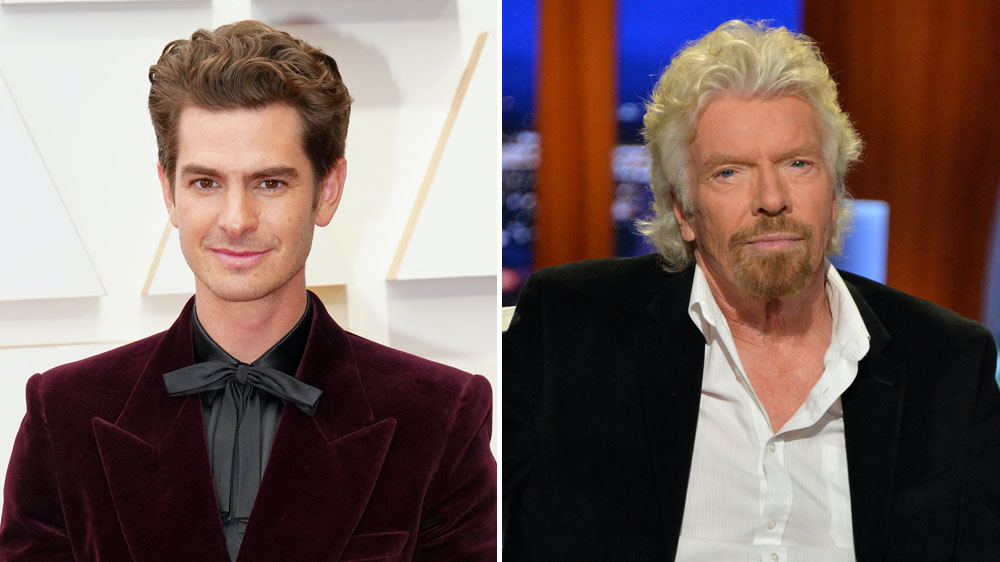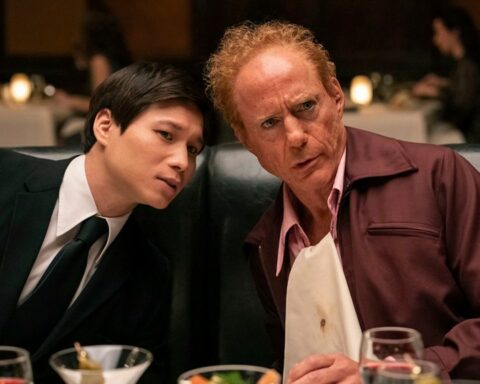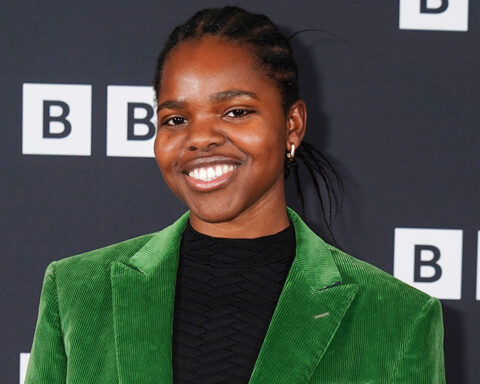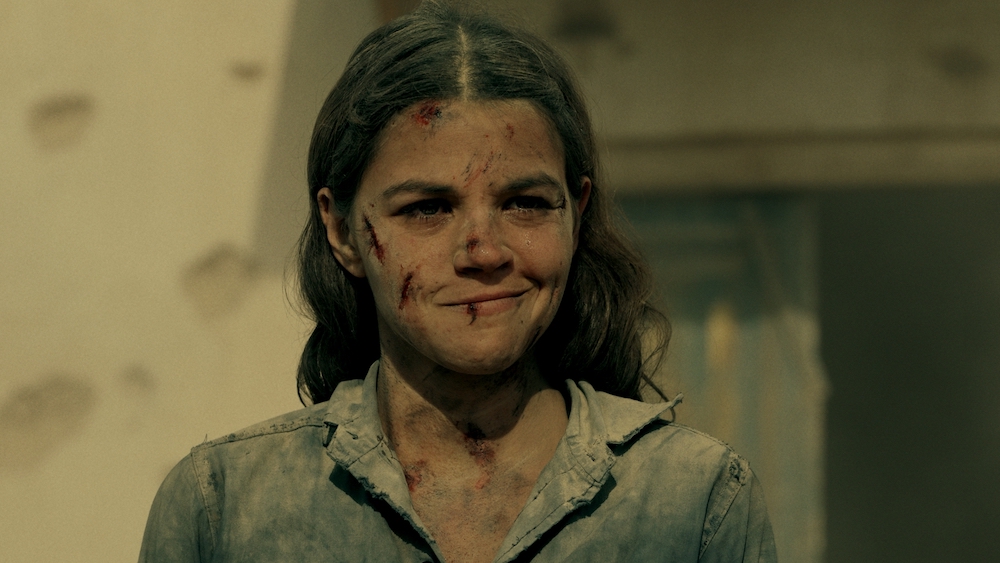
“Every big story is made of little stories,” a novice Egyptian newsreel director patiently explains to those who question his footage in the epic historical drama “Image of Victory.” It’s also a truism that pithily describes veteran Israeli helmer Avi Nesher’s engrossing 19th feature, which highlights young people during a dramatic time of history and brims with small episodes of courage, passion and humor.
Inspired by real events, Image Of Victory provides a nuanced look at circumstances leading up to the June 1948 fighting at Kibbutz Nitzanim, viewed from both the Egyptian and Israeli perspectives. Its consideration of how storytelling and visual images can be weaponized makes it a tale with great resonance for these times. Now streaming on Netflix, it marks Israel’s most expensive production, and the rousing result indicates that it was money well spent.
By bookending the narrative with scenes set in Cairo in 1979, as Egypt and Israel sign a historic peace accord, writer-director Nesher finds room to reflect on (spoiler alert) the fall of Nitzanim, an event which fits uneasily in Israel’s national mythology. It also introduces the film’s narrator, Egyptian journalist Hassanin (Amir Khoury, impressive), who, as an ambitious twentysomething cinema buff in 1948, is tasked with documenting the Arab fight to displace the Jews. An idealist, Hassanin longs to create something in the vein of Frank Capra’s “Why We Fight,” only to see his footage manipulated by the producers back home.
Hassanin’s obsession with an image that he captured of a brave and disheveled woman from Nitzanim leads the action back to the collective farm earlier in 1948. The woman who haunts his thoughts is Mira Ben Ari (Joy Rieger, the charismatic star of Nesher’s “Past Life” and “The Other Story”). Force-of-nature Mira is the kibbutz’s radio operator, a young mother and crack shot, who is first on the scene in any emergency.
Supporting Rieger are a striking ensemble of young performers who make multi-dimensional the life and work of the kibbutz’s passionate and argumentative denizens and the ragtag platoon of soldiers who arrive to protect the farm. Soon, jealousies and hopes of new love affairs become palpable. Mira is attracted to the hunky commander Avraham (Yadin Gellen), while loutish serviceman Jamous (Elad Levi) pursues hot-tempered redhead Naomi (Neta Roth). Even shy dairyman Yerach (Tom Avni) takes encouragement from Mira to court shy Spanish speaker Hadassa (Meshi Kleinstein) in spite of the disapproval of her cousin Ada (Eliana Tidhar).
Meanwhile, Hassanin, who is embedded with Egyptian volunteer soldiers, also witnesses the beginnings of romance between one of the volunteers and an Arab village girl. But when he sends back footage of their chaste exchange of glances, his boss tells him that’s not what people want to see. Lieutenant Halif (Alaa Dakka, “Fauda”), who views Hassanin’s mission with suspicion, allows him to film an attack on the kibbutz’s supply truck, but berates him for capturing the men helping themselves to the supplies.
When Hassanin documents a failed attack on the kibbutz, his footage is destroyed back in Cairo, but it does inspire the Egyptian generals to send in their professional army, especially after the Israelis declare independence. While pressure grows on Hassanin to film a victory, the inhabitants of Nitzanim must decide what to do as the kibbutz becomes increasingly isolated, with no reinforcements available for their defense.
Nominated for 15 Israeli Ophir awards, the tech package excels, and includes extensive visual and special effects work. A winner for best cinematography, Amit Yasur (“Incitement”) shoots black-and-white Academy ratio newsreel footage and widescreen color stock with equal ease. He makes particularly salient the contrast between the open expanse of the kibbutz in more peaceful times and the constricted spaces where the outnumbered defenders hide while under attack.
Smoothly segueing between life on the kibbutz and the travails of the Egyptian troops, Nesher’s longtime editor Isaac Sehayek keeps things pacey and clear. Costume designer Chen Carmi and makeup artist Emily Faudem also collected Ophirs for their work, while the sweeping orchestral score by Tom Oren and Randy Kerber is just right.
Also of note, the film reps a labor of love for producer Ehud Bleiburg (“The Band’s Visit”), whose father Yerach was a member of the kibbutz.


